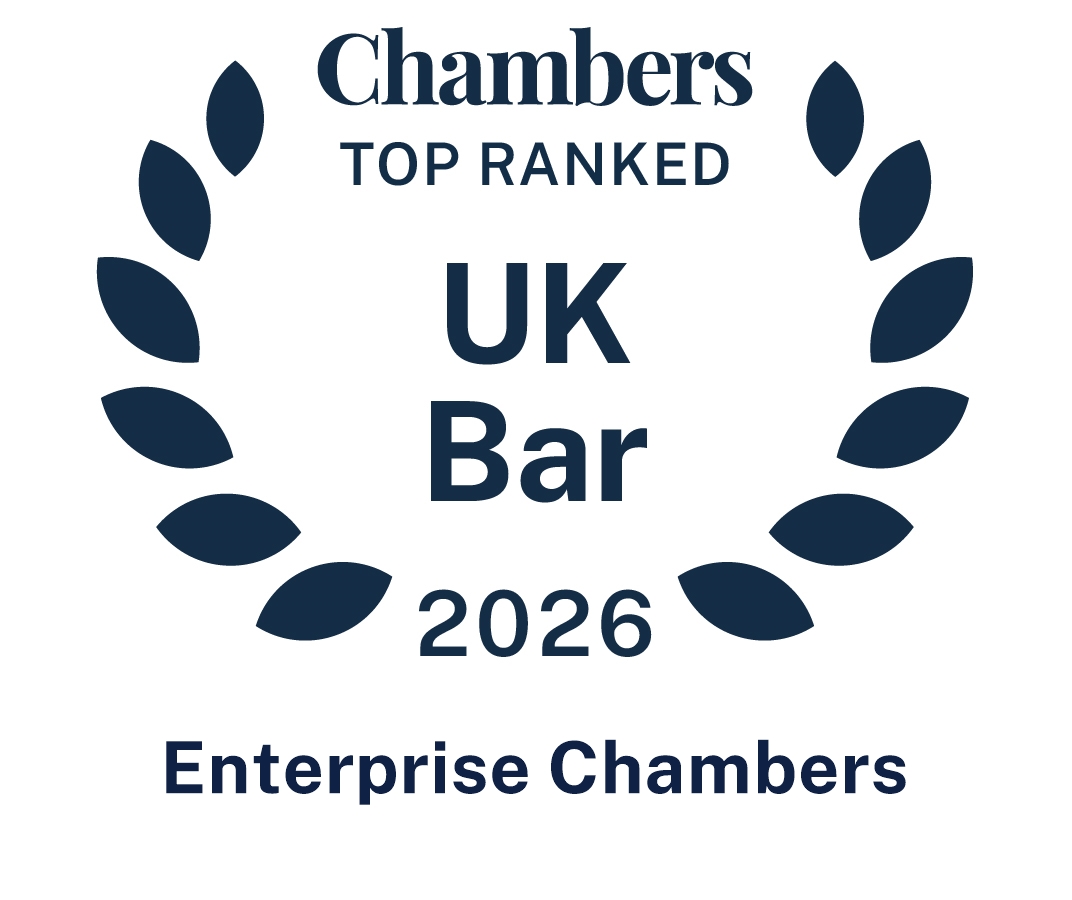In the recent decision of Manning and Gunn v. Neste AB and Farah [2022] EWHC 2578 (Ch) the High Court had, for the first time, to decide whether shares were capable of constituting consideration for the purposes of s.245 IA 1986.
The question arose when an unsecured creditor challenged the validity of a floating charge executed by a holding company to secure the vendors for the purchase price of shares acquired by the company. The section provides that consideration should only be recognised for this purpose to the extent that it constitutes “money paid, or goods or services supplied”. One of the questions which arose was whether shares fell into either of the s.245 IA 1986 valid security categories.
The judge accepted the Second Respondent’s submission that “goods” in this context should be understood to mean those which:
“…form of benefit to the company which arise from day-to-day trading and finance and have a readily ascertainable value”
And that the meaning`:
“…should encompass not only goods in the Sale of Goods [Act] sense, but also things in action (such as money receivables) and intangibles (such as intellectual property) which are of a kind which:
- are received by the Company pursuant to its ordinary trading activity and
- have clear value, such that transfer of their ownership to the Company necessarily swells the assets of the company.”
Within the context of a holding company, where its trading purpose was to acquire shares, they fell within the definition of goods and therefore were caught by the security.
If shares had been excluded then the giving of a floating charge to support the payment obligations incurred in the purchase of shares by a holding company would always be vulnerable under s.245 IA 1986. Interestingly the judge held that this reasoning also applies to other intangibles (including IPR) if they satisfy the two part test.
Christopher Brockman instructed by Stephen Young of Keystone Law represented the successful secured creditor, the Second Respondent.
See below note and full Judgment



